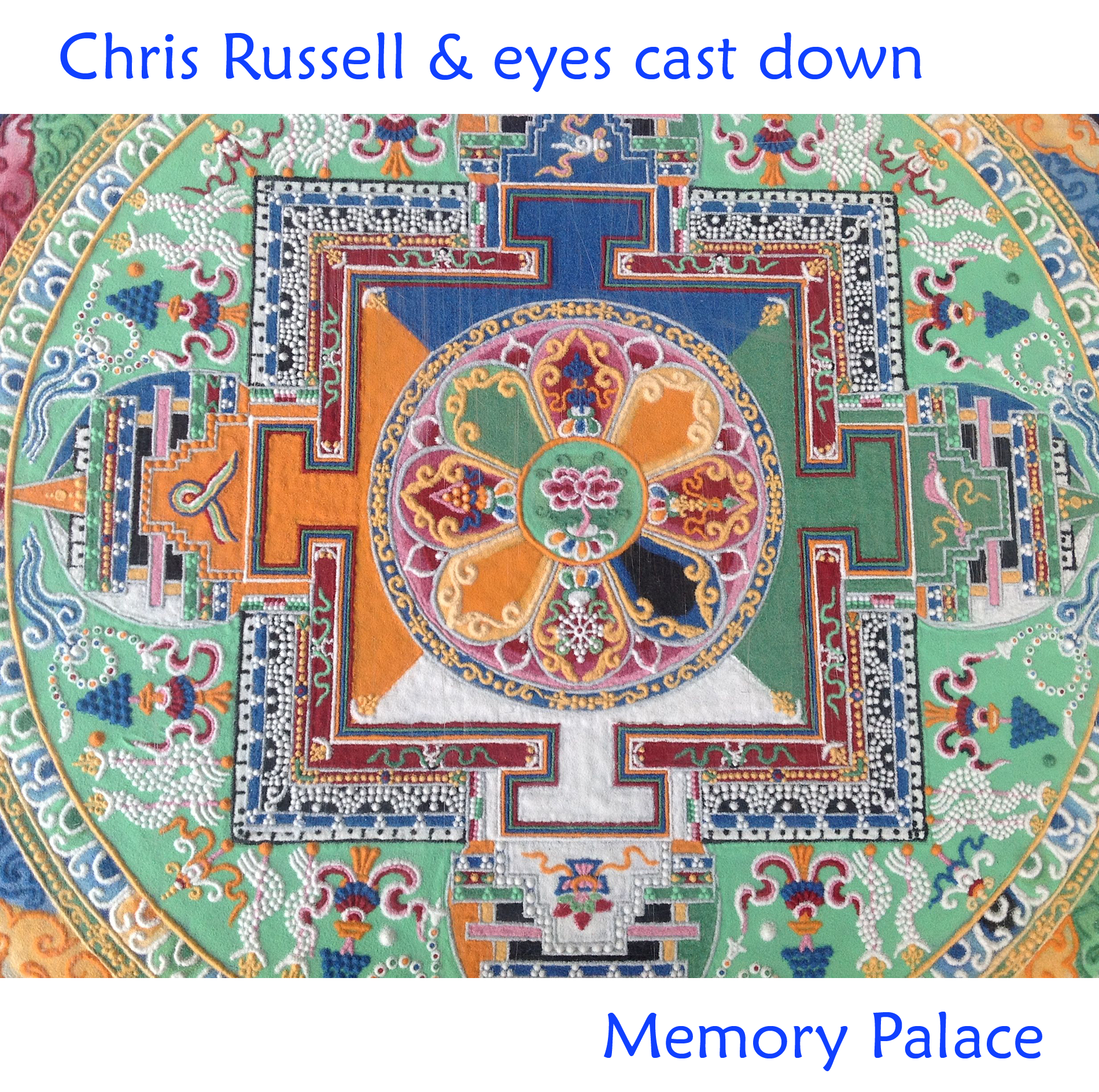

Better memoryĪs expected, the participants showed better, longer-lasting memory after training with the method of loci than after training with the other memory technique or with no technique at all. Four months later, the researchers retested the participants' ability to memorize and recall words. The team used this test to define "weak memories," or those that could be remembered after 20 minutes but not after 24 hours, and "durable memories," or those that could be remembered 24 hours later. The researchers also asked the participants to recall which words were on the list 20 minutes and 24 hours after their fMRI scans. They again scanned the participants' brains with fMRI as they performed the same tasks, both before and after training.

The rest of the participants were in the control group (16 of them were "active controls" which meant they were trained using a different memory tactic called "working memory training," and 17 were "passive controls," meaning they weren't trained at all). In the second part of the study, they enrolled 50 participants who previously had no experience in mnemonics and trained 17 of them for six weeks to recall memories using the method of loci. Then, the researchers presented the participants with three words at a time from the list and asked them to recall if the words were in the same order as previously studied. The researchers took functional magnetic resonance imaging (fMRI) scans of the participants' brains while asking them to study random words on a list. To evaluate the method of loci, Wagner and her team enrolled 17 "memory athletes," or champions who were ranked among the world's top 50 in memory competitions, and 16 others that matched the athletes in characteristics such as age and intelligence. The combination of prior knowledge - the familiar route - and the novel information "is very powerful to boost memory," she added. The method of the loci uses well-known places or routes as a "scaffold" or "structure" to embed novel, unrelated information, Wagner said.


 0 kommentar(er)
0 kommentar(er)
